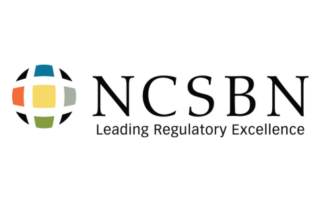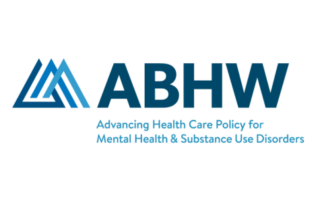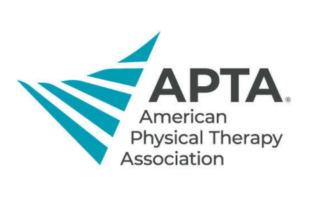The Alliance for Connected Care aims to:
Demonstrate the importance of Connected Care as a tool for improved quality and efficiency.
Build significant and high-level support for Connected Care among leaders in Congress and the Administration.
Enable more telehealth to support new models of care.
Lift geographic and site restrictions for telehealth in Medicare.
Establish a consensus-based, standardized definition of Connected Care to advance with policymakers.
Alliance News
Alliance CY 2025 Medicare Hospital Outpatient Prospective Payment System (OPPS)Comments
The Alliance for Connected Care provided comments to the calendar year (CY) 2025 Medicare Hospital Outpatient Prospective Payment System (OPPS) and Ambulatory Surgical Center (ASC) Payment System proposed rule. As reflected in the comments below, the Alliance urges CMS to recognize payment for genetic counselors providing care virtually, expand its proposal on virtual cardiac rehabilitation, and allow for outpatient reimbursement for RPM care management services. We believe these steps will improve the overall quality of care, lower costs, and improve the experience of Medicare beneficiaries.
Alliance CY 2025 Medicare Physician Fee Schedule Comments
The Alliance for Connected Care provided comments to the calendar year (CY) 2025 Medicare Physician Fee Schedule (PFS) proposed rule. As reflected in the comments below, the Alliance appreciates CMS for ensuring certainty to telehealth access to Medicare beneficiaries to the extent it could. The Alliance is committed to leveraging telehealth and remote patient monitoring to improve quality of care while also lowering costs and improving the clinician experience. The Alliance would like to emphasize the following overarching priorities in advance of our more detailed response: The Alliance supports the CMS proposal for a one-year extension to provide time to [...]
Alliance Comments on the 21st Century Cures Initiative
The Alliance for Connected Care provided input into refining the goals of the 21st Century Cures initiative. The Alliance has a strong interest and member expertise in the way digital health technologies can support and expand access to care while improving patient engagement and quality. After four years of experiencing the benefits of expanded telehealth services, patients expect telehealth and remote patient monitoring as an option in their care treatment plans. We believe the Cures 2.0 effort has the potential to modernize an antiquated reimbursement system to better serve patients in need and realize the potential of digital technologies through [...]
Telehealth Stakeholder Letter to Congressional Leadership
The Alliance for Connected Care joined a telehealth stakeholder letter to congressional leadership, urging swift action on legislation that would extend current Medicare telehealth flexibilities.




















